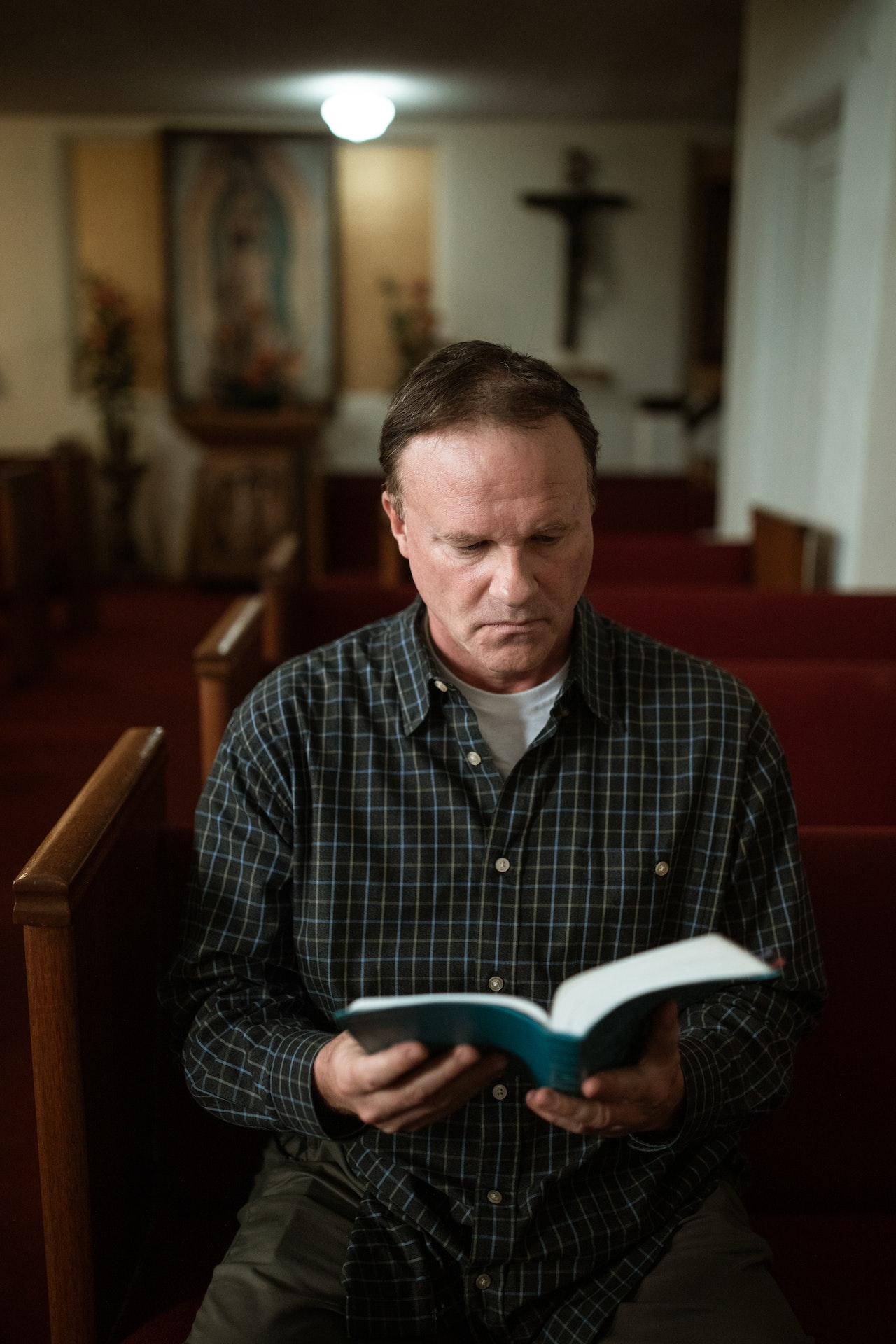Do Catholic people drink wine? This is a question that has been asked for centuries, and the answer is yes. Wine has been a part of Catholic tradition for centuries, and it is an important part of the Catholic Mass. Wine is also used in many other Catholic rituals and ceremonies. In this article, we will explore the history of wine in the Catholic Church, the reasons why Catholics drink wine, and the different types of wine that are used in the Catholic Church. We will also discuss the health benefits of drinking wine in moderation.
Table of Contents
The History of Wine Drinking in the Catholic Church
The Catholic Church has a long and storied history with wine. In fact, it’s been a part of the Church’s rituals and ceremonies since the very beginning. From the Last Supper to the present day, wine has been an integral part of the Catholic faith.
Wine has been used in the Catholic Church for centuries as a symbol of the blood of Christ. It is used in the Eucharist, or Communion, to represent the blood of Christ that was shed for the forgiveness of sins. Wine is also used in other sacraments, such as Baptism and Confirmation.
The Catholic Church has a long tradition of wine drinking. Wine has been used in religious ceremonies since the time of Jesus. In the Middle Ages, wine was used to celebrate Mass and other religious ceremonies. Wine was also used to celebrate special occasions, such as weddings and funerals.
Today, wine is still used in the Catholic Church. It is used in the Eucharist and other sacraments, as well as for special occasions. Wine is also used to celebrate Mass and other religious ceremonies.
The Catholic Church has a long and rich history with wine. From the Last Supper to the present day, wine has been an integral part of the Catholic faith. It is used to celebrate Mass and other religious ceremonies, as well as to celebrate special occasions. Wine is a symbol of the blood of Christ and is used to represent the forgiveness of sins.
Exploring the Catholic Church’s Stance on Wine Consumption
When it comes to wine consumption, the Catholic Church has a long and complex history. While the Church has traditionally been against the consumption of alcohol, it has also recognized the importance of wine in religious ceremonies. This has led to a nuanced stance on wine consumption.
The Catholic Church has long held that wine should be consumed in moderation. This means that it should not be abused or used to excess. The Church also believes that wine should be used to enhance the spiritual experience, not to dull the senses.
The Church also recognizes that wine can be a source of joy and celebration. In fact, the Church encourages its members to enjoy wine in moderation as part of a healthy lifestyle. This includes drinking wine with meals, as part of a social gathering, or even as part of a religious ceremony.
At the same time, the Church also recognizes that alcohol can be abused and can lead to addiction. As such, it encourages its members to be mindful of their consumption and to avoid drinking to excess.
Ultimately, the Catholic Church’s stance on wine consumption is one of moderation and balance. It encourages its members to enjoy wine in moderation and to use it to enhance their spiritual experience. At the same time, it also recognizes the potential dangers of alcohol abuse and encourages its members to be mindful of their consumption.
How Do Catholics Balance Wine Drinking and Abstinence?
When it comes to balancing wine drinking and abstinence, Catholics have a few options. First, they can choose to abstain from drinking wine altogether. This is a great option for those who want to stay true to their faith and avoid any potential health risks associated with drinking alcohol.
Second, Catholics can choose to drink wine in moderation. This means limiting their intake to one or two glasses per day, and avoiding any type of binge drinking. This is a great way to enjoy the taste of wine without overindulging.
Finally, Catholics can choose to drink wine only on special occasions. This is a great way to enjoy the taste of wine without compromising their faith.
No matter which option you choose, it’s important to remember that moderation is key. Drinking too much wine can lead to health problems, so it’s important to be mindful of your intake.
At the end of the day, it’s up to each individual to decide how to balance wine drinking and abstinence. As long as you’re mindful of your intake and stay true to your faith, you can enjoy the taste of wine without compromising your beliefs.
Examining the Role of Wine in Catholic Sacraments and Rituals
Wine has been a part of Catholic sacraments and rituals for centuries. It is a symbol of joy, celebration, and faith, and it is an integral part of many of the most important moments in the Catholic faith.
The most obvious example of wine’s role in Catholic sacraments and rituals is the Eucharist. During the Eucharist, wine is consecrated and shared among the congregation as a symbol of the blood of Christ. This is a powerful reminder of the sacrifice Jesus made for us and a reminder of the unity of the Church.
Wine is also used in other sacraments and rituals, such as baptism and confirmation. During baptism, wine is used to symbolize the cleansing of the soul and the new life that comes with being a Christian. During confirmation, wine is used to symbolize the strengthening of the faith and the commitment to the Church.
Wine is also used in other rituals, such as weddings and funerals. At weddings, wine is used to symbolize the joy and celebration of the union of two people in marriage. At funerals, wine is used to symbolize the sorrow of the loss of a loved one, but also the hope of eternal life.
Wine is an important part of Catholic sacraments and rituals, and it is a powerful symbol of faith, joy, and celebration. It is a reminder of the sacrifice Jesus made for us and a reminder of the unity of the Church. It is also a reminder of the hope of eternal life and the joy of new beginnings.
Conclusion
In conclusion, it is up to the individual Catholic person to decide whether or not they choose to drink wine. While some Catholics may choose to abstain from drinking wine, others may choose to partake in it. Ultimately, it is a personal decision that should be made with consideration of one’s own beliefs and values.
For licensing reasons, we must provide the following notice: This content was created in part with the help of an AI.


